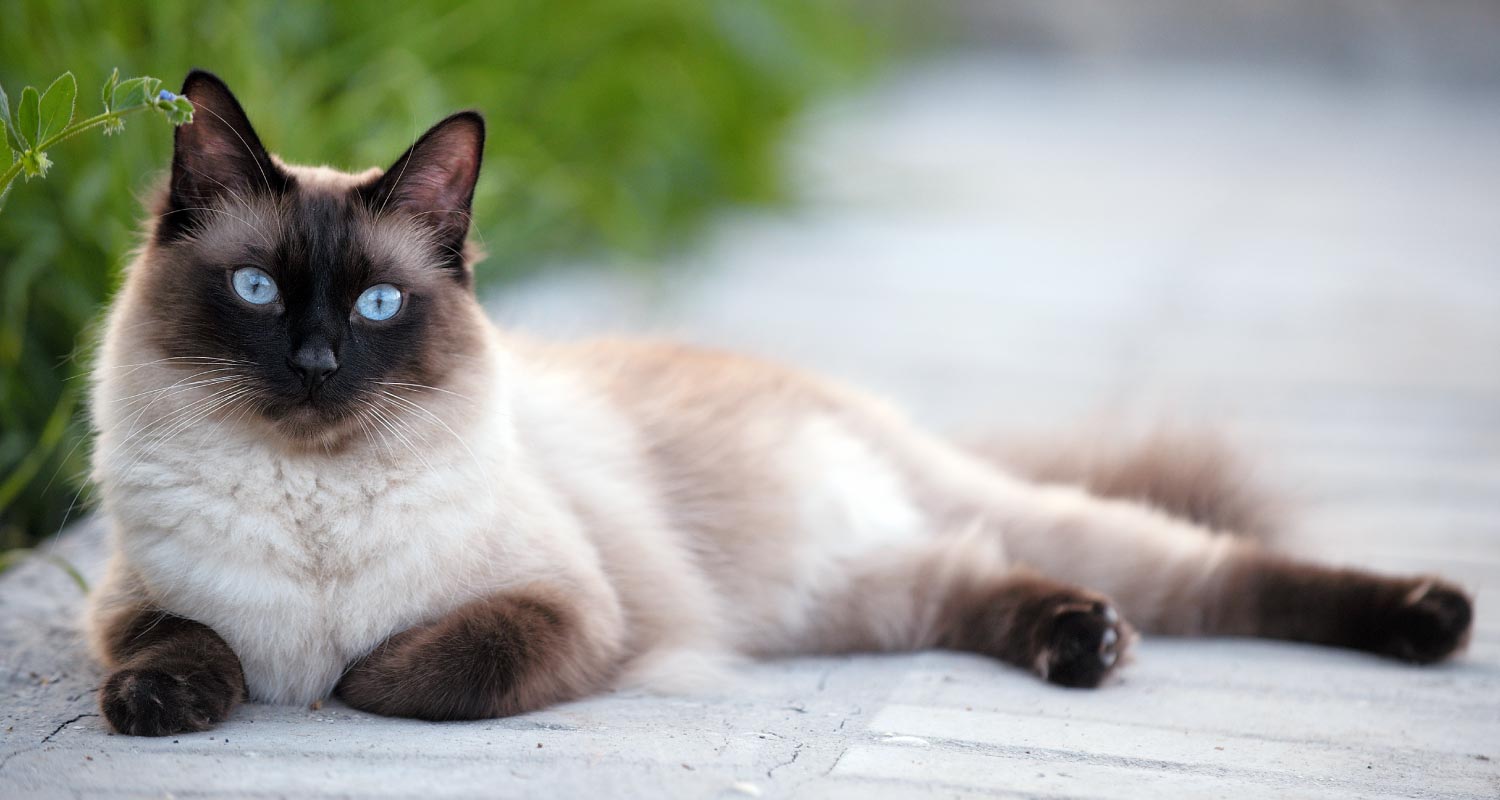HEALTH & WELLNESS

VOTING BOOTH

TRENDING

LIONS FOUNDATION OF CANADA DOG GUIDES
Lions Foundation of Canada Dog Guides and its founding program, Canine Vision Canada, was established in 1983. It’s the largest school of its kind in Canada with its training school in Oakville and breeding facility in Breslau.
CKD a Common Disease in Domestic Cats

Chronic kidney disease (CKD) is a common, progressive and debilitating disease in cats, affecting a large number of cats crossing consulting room tables in veterinary clinics. The prevalence of feline CKD increases with age.
Geriatric cats in general often develop some degree of kidney disease. Hyperthyroidism* is also frequently encountered in geriatric cats. Cats can even suffer from both conditions.
*Hyperthyroidism is the term used for the excessive functional activity of the thyroid gland that leads to increased metabolic rate, enlargement of the thyroid gland, rapid heart rate and high blood pressure.
WHAT IS CKD?
CKD is defined as a progressive irreversible deterioration of kidney function or structure in one or both kidneys that has been continuously present for two months or longer. The kidneys of cats with CKD are characterized by reduced numbers of functioning nephrons (the microscopic structural and functional units of the kidney that filter blood, return needed substances to blood and remove wastes.)
CKD is a disease for which we have no cure, only the ability to slow it down and manage the other symptoms. Ultimately, it’s fatal. But there is also good news: with early and proper care and treatment, many cats who are diagnosed with kidney disease can do well for up to several years after diagnosis.
BREED PREDISPOSITIONS
Some breeds reported to be disproportionately affected by CKD include:
- Persian
- Siamese
- Burmese
- Abyssinian
- Maine Coon
- Russian Blue
CAUSES OF FELINE CKD
There are many possible underlying causes of CKD in cats, ranging from congenital abnormalities and immune-mediated disease to hypertension and hypercalcemia. Some chronic conditions that are common in cats such as high blood pressure and hyperthyroidism may cause CKD. However, for many cats with CKD, the cause is unknown.
However, by far the most common underlying cause in cats is tubulointerstitial nephritis – a kidney condition characterized by swelling in between the kidney tubules. In many situations in cats, this abnormality causes a progressive decrease in the glomerular filtration rate (GFR) over time, ultimately resulting in azotemia (i.e. abnormally high levels of nitrogen containing compounds such as urea and creatinine in the blood).
Chronic kidney disease (CKD) is the result of various kinds of damage to the kidneys and is very closely related to age. There are some known triggers for kidney failure, but often no precise cause is identified.
Triggers for CKD may include:
- Exposure to toxins
- Abdominal trauma
- Certain medications
- High blood pressure
- Chronic urinary tract obstruction
- Congenital polycystic kidney disease
- Malformation of the kidneys at birth
- Chronic bacterial infection of the kidneys
- Immune system disorders such as systemic lupus
- Exposure to heavy metals such as mercury, lead and thallium
- An acute kidney injury (AKI) episode (or more than one) that can damage the organs
- Some infectious diseases, such as feline leukemia and feline immunodeficiency virus (FIV)
SOME COMMON CLINICAL SIGNS OF CKD
The most frequently observed clinical signs of CKD in cats may include:
- Primary polyuria (PU) – increased thirst
- Compensatory polydipsia (PD) – increased urination
- Inappetence – lack of appetite
- Weight loss
- Lethargy
- Other reported clinical signs are mainly related to the gastrointestinal tract and include intermittent vomiting, constipation and halitosis
WHY IS CKD A CONCERN?
Feline CKD is a progressive, degenerative disease that cannot be cured since the damage to the kidney that is characteristic for CKD is irreversible; however, with the right treatment, it can be managed very successfully for many years without affecting the special bond between cat and owner. CKD is a concern because:
Firstly: It’s a leading cause of death and is very common in older cats and certain breeds.
Secondly: There are seldom signs until stage III is reached.
Thirdly: Even though kidneys are resilient, ongoing damage eventually affects quality of life.
TREATMENT GOALS
The goals of treatment of CKD are:
- Slow progression of the disease by controlling the buildup of waste products in the blood,
- Delay the progression of the disease, and
- Maintain or improve the quality of life of the patient, and to extend patient survival.








